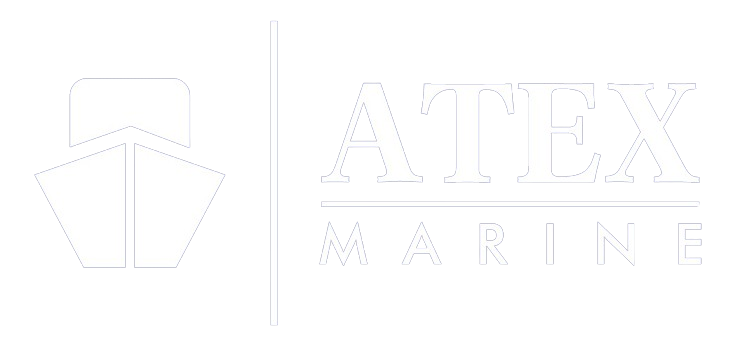AUTOMATION
Understanding Marine Fuel Monitoring and Management Systems
Marine fuel monitoring and management systems are crucial for optimizing fuel usage, ensuring efficient vessel operation, and reducing operational costs. These systems provide real-time data on fuel consumption, enabling vessel operators to make informed decisions and maintain compliance with environmental regulations. This guide explores the key aspects of marine fuel monitoring and management systems and addresses frequently asked questions about their operation and benefits.
What is a Marine Fuel Monitoring and Management System?
A marine fuel monitoring and management system is a technology used to track and manage fuel consumption on a vessel. These systems provide detailed insights into fuel usage, engine performance, and overall vessel efficiency, helping operators optimize fuel consumption and reduce costs.
Benefits of Marine Fuel Monitoring and Management Systems
Implementing a marine fuel monitoring and management system offers several advantages:
- Fuel Efficiency: Optimize fuel consumption by identifying inefficiencies and adjusting operations accordingly.
- Cost Savings: Reduce operational costs through efficient fuel management.
- Environmental Compliance: Ensure compliance with environmental regulations by monitoring emissions and fuel usage.
- Operational Insights: Gain valuable insights into engine performance and overall vessel efficiency.
- Preventive Maintenance: Identify potential issues early and perform preventive maintenance to avoid costly repairs.
10 Frequently Asked Questions (FAQs) about Marine Fuel Monitoring and Management Systems
| FAQ | Answer |
|---|---|
| What is a marine fuel monitoring and management system? | A system designed to track and manage fuel consumption on a vessel, providing insights into fuel usage, engine performance, and overall efficiency. |
| How does a marine fuel monitoring system work? | It works by using sensors and software to monitor fuel flow, consumption, and engine performance in real-time. |
| What are the key benefits of using a fuel monitoring system? | Key benefits include fuel efficiency, cost savings, environmental compliance, operational insights, and preventive maintenance. |
| Can these systems help in reducing fuel costs? | Yes, by optimizing fuel consumption and identifying inefficiencies, these systems can significantly reduce fuel costs. |
| Are marine fuel monitoring systems mandatory? | While not always mandatory, they are highly recommended for efficient vessel operation and compliance with environmental regulations. |
| How often should the system be calibrated? | Calibration frequency depends on the manufacturer’s guidelines, but regular calibration is essential to maintain accuracy. |
| Can the system detect fuel theft or leaks? | Yes, the system can detect irregularities in fuel consumption, indicating potential theft or leaks. |
| What data can be obtained from a fuel monitoring system? | Data such as fuel flow rate, total fuel consumption, engine performance metrics, and historical fuel usage trends. |
| Is it difficult to install a marine fuel monitoring system? | Installation complexity varies, but many systems are designed for straightforward integration with existing vessel equipment. |
| Can the system be integrated with other onboard systems? | Yes, marine fuel monitoring systems can be integrated with other onboard systems for comprehensive vessel management. |
Conclusion
Marine fuel monitoring and management systems are essential for optimizing fuel usage, reducing operational costs, and ensuring compliance with environmental regulations. By providing real-time data and insights into fuel consumption and engine performance, these systems enable vessel operators to make informed decisions and maintain efficient operations. Understanding the benefits and addressing common questions about these systems can help in making the right choice for implementing this technology on your vessel.
